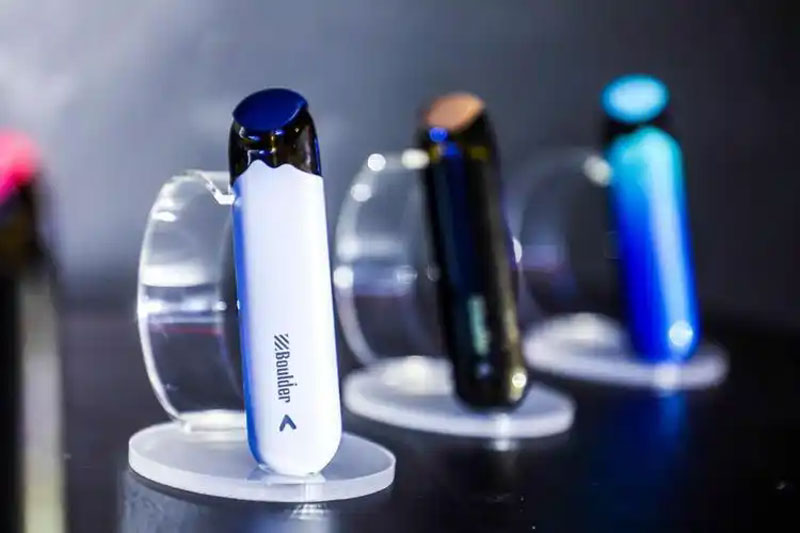
The landscape of e-cigarette regulations in Spain is set to undergo significant changes by 2025. As the country approaches a new era of public health policy, understanding these regulatory shifts is crucial for consumers, businesses, and policymakers alike. E-cigarettes, initially seen as a healthier alternative to traditional smoking, have faced increasing scrutiny, leading to a complex web of legalities that govern their sale and use.
Current Regulations and Their Evolution
E-cigarettes in Spain are currently regulated under the EU Tobacco Products Directive, which mandates specific restrictions, including age limits for purchasing, advertising constraints, and safety standards for e-liquid containers. However, the Spanish government, in response to rising health concerns and the popularity of vaping, is developing stricter regulations aimed at aligning with the broader European Union objectives for a healthier population.
Expected Changes by 2025

By 2025, Spain aims to refine its regulatory framework around e-cigarettes. This will likely involve more stringent controls, such as enhanced guidelines for e-liquid compositions, packaging, and labeling requirements that provide clearer health warnings. Age restrictions could be tightened further, and public usage of e-cigarettes might face similar limitations to traditional smoking, emphasizing smoke-free environments and reducing the social acceptability of vaping in public spaces.
Impact on the E-Cigarette Market
The upcoming regulations are expected to impact both manufacturers and consumers significantly. Manufacturers may need to adapt their product lines to comply with new safety standards, potentially increasing production costs. Meanwhile, consumers might experience a change in product availability and pricing, with some varieties becoming less accessible as businesses adjust to the evolving legal environment. Additionally, international companies looking to penetrate the Spanish market will need to navigate these regulations carefully to ensure compliance.
Sustainability and Environmental Concerns
Environmental considerations are also playing a key role in shaping future regulations. Spain is expected to implement measures to mitigate the ecological impact of disposable e-cigarettes, focusing on reducing plastic waste. This may include recycling programs or incentives for manufacturers to develop more sustainable products.
Public Health and Education
Amidst these regulatory efforts, public health education will be paramount. The Spanish government is likely to increase campaigns that educate the public about the risks associated with vaping, particularly among younger demographics. Schools and community programs may see a boost in resources aimed at preventing initiation and encouraging cessation of both vaping and traditional smoking.
Global Context and Spain’s Position
Spain’s regulatory strategy reflects a broader global trend towards tighter e-cigarette regulations. As countries around the world grapple with the public health implications of vaping, Spain’s steps towards 2025 may serve as a model for others. Aligning with international health standards will also aid in cross-border regulatory coherence, benefiting multinational entities operating within the EU framework.
Frequently Asked Questions
- Will the new regulations affect existing smokers?
- Existing smokers will still have access to e-cigarettes, but with enhanced safety and health warnings. Smoking in designated areas might be more strictly enforced.
- How will these changes affect businesses in Spain?
- Businesses might face increased compliance costs and may need to innovate to meet new product standards, but opportunities for growth in eco-friendly alternatives could arise.
- What educational resources will be available?
- The government plans to enhance public education efforts, focusing on risk awareness and cessation support, particularly targeting youth and vulnerable groups.

